Psychology & Philanthropy In Action with Dr. Kiara Álvarez
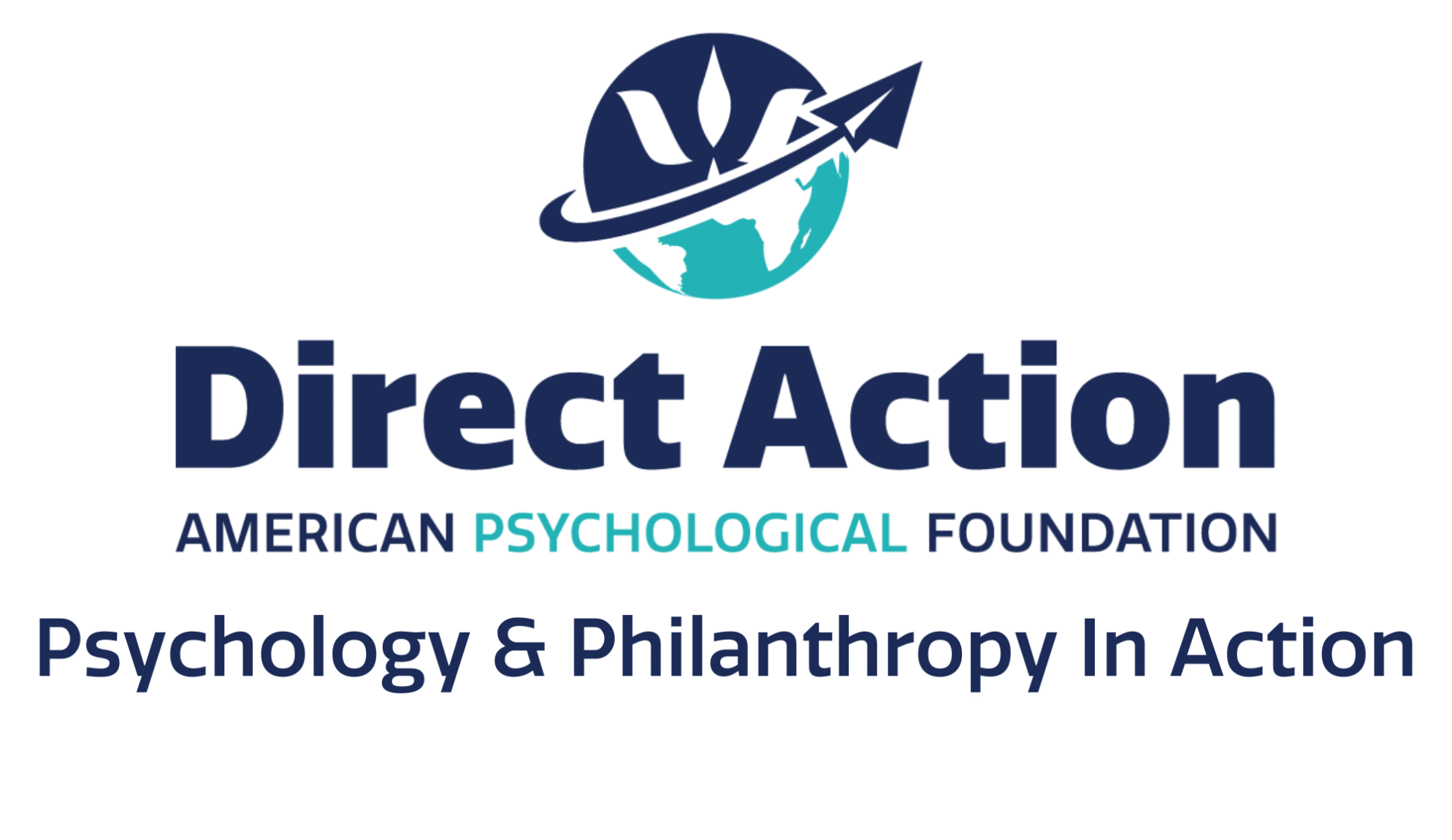
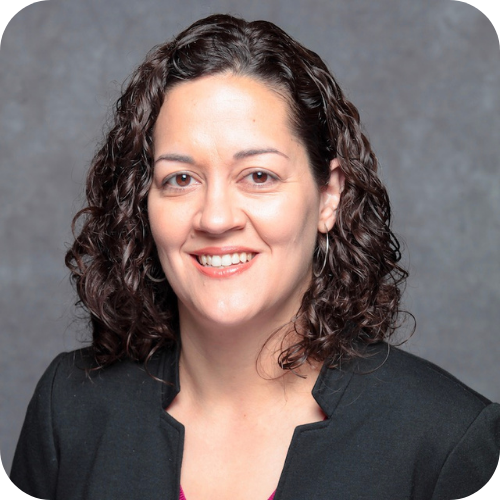
At APF, we’re bringing together the shared power of psychology and philanthropy to create a world where people are healthy, happy, and living with dignity. Through APF Direct Action, we’re supporting innovative interventions, based in psychological knowledge, that directly address pressing needs of communities.
Today, we’re speaking with Dr. Kiara Álvarez, APF’s inaugural Direct Action Visionary Grant recipient, whose work exemplifies the shared power of psychology and philanthropy, putting evidence-based psychological interventions into practice within communities that need them most.
Dr. Álvarez’s project, Enhancing Mental Health Support for Latine Families Facing Immigration Stress, utilizes a developed and tested intervention by community health workers, delivered in Spanish, to Latine caregivers of youth with suicidal ideation and/or behavior. With funding from APF, her team is expanding and improving training and educational materials for this intervention. Dr. Álvarez’s work bridges psychological research, community health, and culturally responsive care to best support families navigating compounded challenges of immigration-related stress and youth mental health.
Can you share an update on the project so far?
Funding from the APF Direct Action Visionary Grant has made it possible for us to continue delivering our Paloma intervention to Spanish-speaking parents of youth with suicidal ideation and behavior referred from partnering primary care clinics. We have also begun developing our companion intervention modules for families on immigration stress, including meeting with the two community health workers (CHWs) for the programs and our Paloma Parent Advisory Board to discuss their recommendations for the project and develop the session outlines.
Have you noticed any early outcomes or insights?
We have noticed that there is a need to create modules addressing two different needs for families – one focused on concrete resources and processes that immigrant families may need to access, and one focused on psychological well-being in the context of chronic, toxic stress. This mirrors the approach we take around suicide prevention in Paloma, where we begin with establishing physical safety and then move to sessions focused on psychological safety. We also know from broader conversations that there are a number of different ways clinicians, researchers, advocates, and community health workers are working to support the mental health of immigrants at this time. An insight from those discussions has been that we need to think of ways to bring together these different networks in order to create community-based infrastructure for immigrant mental health and well-being.
Are there any particular stories or feedback you’ve received from the community that highlight how the project is making an impact?
We have been conducting qualitative interviews with parents who have participated in our program, and it has been meaningful to hear in their words how they have found ways to make small changes towards closer relationships with their children and to build compassion for themselves in such a difficult time. One parent said, “it was like when you are learning to swim, and you come out with a clearer mind saying: I can do this. I knew that I was not alone. I had them [the community health workers]. I knew they were there. I didn’t know them, but I knew the support they transmitted through the telephone.” I think this quote is particularly important because it shows how support at a distance, by telephone, can be genuine and meaningful, and that’s particularly important during a time when families may feel very isolated and alone.
How has funding from the Direct Action Visionary Grants strengthened or expanded your work?
Funding from the Direct Action Visionary Grant has been transformative in expanding our ability to meet the immediate needs expressed by the communities we partner with, as well as in catalyzing conversations with others working on similar topics. We are grateful to have the opportunity to focus specifically on the stress faced by immigrant families as a priority for psychological interventions, as well as to be able to highlight the essential role of community health workers in these interventions.
What are your long-term goals for this project both for the families you work with and the broader communities?
We hope that the modules we develop can serve as both a tangible source of information and guidance for the families we work with, and that the related implementation tools for community health workers can help those professionals feel more supported in working with families around these difficult topics. Our hope is that the families we work with and the broader communities they are part of can continue to strengthen their social support, both within their families and networks as well as with the organizations and resources available to them.
From your perspective, what does Direct Action in psychology look like for the communities you’re working with?
From my perspective, Direct Action in psychology looks like leveraging the work each of us is best suited to do – whether that’s a specific kind of research, a particular clinical specialty, an administrative role improving systems, a teaching or mentorship role, or a combination – into meeting the moment within our communities and our society. I became a psychologist in large part because I saw that psychologists were doing so many different things, and often transitioning to different roles throughout their careers. I think that positions our profession to have a strong impact, particularly if we can collaborate to bring multiple perspectives to bear on difficult problems.
How do you envision this work influencing broader conversations around the mental health and wellbeing of immigrants?
I hope this work influences broader conversations about how we can integrate support of immigrant mental health into a range of settings, particularly through community settings and trusted messengers. There are many people in the community who know a lot about the immigrant experience and how it affects well-being, but do not yet have the tools to talk about mental health. I also hope that psychologists and other mental health clinicians can be at the table in the future to work on immigration policy solutions that support family and individual well-being.
How do you plan to use the outcomes from this project to inform future research, interventions, or policies?
Our goal is to broadly disseminate the products of this work, such that others can use the materials we create. We also hope to inform future research testing the effectiveness of the Paloma intervention in a randomized controlled trial. At the same time, I think we also hope that materials addressing some of the acute stressors of the moment become unnecessary someday.
What inspired you to focus on supporting families facing immigration stress?
As a Puerto Rican who grew up in Puerto Rico until I left for college, I’ve always had the dual experience of being a U.S. citizen raised in both Puerto Rican and U.S. culture. It is a complex experience emotionally and cognitively, which connects me in some ways to the experience of immigrants to the U.S. At the same time, as a citizen, I’ve always had freedom of movement, of employment, of establishing a life anywhere in the U.S. that I choose. That made me aware early on that there are different kinds of stress related to migration, and some of those are structural threats and stressors that could be eliminated through humane policies. I worked with a mother early on in my career who had lived for years with a violent husband because of his threats of having her deported and separated from her child. She had finally found a way to escape, finding support in policies created to support immigrants who have survived violent crimes. I came to know her story by translating the harrowing statement she had written for the courts about her experience. That was a key point shaping my career in the direction of finding ways to support families who are going through these experiences, both in direct practice and through intervention and implementation research.
Do you have any advice for future APF Direct Action Visionary Grant applicants or other researchers who want to create a direct and meaningful impact in communities through psychology?
There are so many different ways that psychologists can contribute to community-level impact. My advice would be to focus on the areas that you are most drawn to and where you feel you have skills that would be useful. Spend time getting to know people and organizations over the long term, so that the work you pursue is meaningful and rooted in what communities may want or need. It is also true that it can be hard to fund this kind of work, both for researchers and community organizations, so it is important to consider different kinds of funding strategies and to collaborate in the process of envisioning ways to achieve the community’s goals.
This work is incredibly important, but it can become emotionally heavy. What helps you stay grounded and committed to this work?
Social support is very important on a personal level, but it’s also key on a professional level. I have benefited at every level of my career from having peers and mentors who have a commitment to this work and who are there for the highs and the lows. It’s also important to know that we can’t do it all, and that we may not be the right person to do a particular thing. There are many people who inspire me, including psychologists who have led in research on immigrant mental health, physicians who dedicate themselves to both clinical care and advocacy, community health workers in a number of different roles serving youth and families, the attorneys who work in an incredibly complex and constantly changing area of law while remaining connected to their clients, and the families I have met over the years living in three different states. Staying grounded is, in part, noticing all of these ongoing efforts towards a better world that we all want to live in.
Donate to APF today so we can continue turning psychological science into impact! Together, we can give psychologists and researchers the tools to bring evidence-based solutions where they’re needed most.
Curious about projects like Dr. Alvarez’s that are bridging the gaps between research and implementation? Learn more about APF Direct Action!
Topics: Child Psychology Children's Mental Health Direct Action Mental Health Where In The World Is APF
Discover More
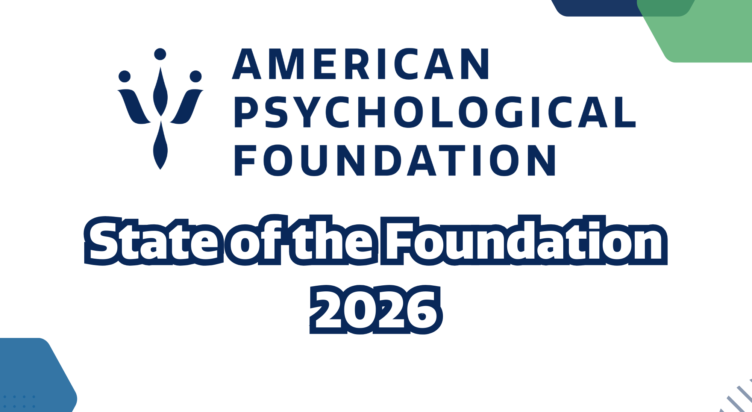
2026 APF State of the Foundation
Hosted by APF President Dr. Melba Vasquez and APF CEO Dr. Michelle Quist Ryder, this event recapped APF’s impact in 2025 and celebrated the progress made possible by our incredible community. This event featured a first look at the 2025 APF Impact Report, including updates on our Direct Action programs, exciting new partnerships, and the stories and data that defined a truly transformative year for the Foundation (and for the future of psychology)! We also shared a sneak peek of upcoming initiatives that are designed to expand psychology’s reach where it’s needed most.
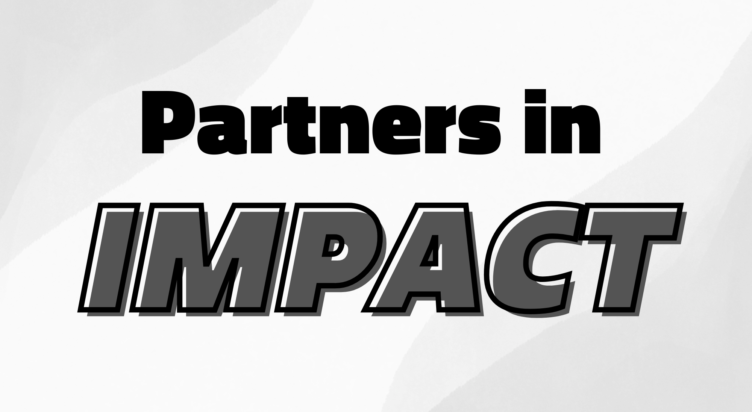
Partners in Impact with Dr. Diana Slaughter Kotzin | APF Donor Spotlight
Partners in Impact is a space for APF to highlight our donors, whose generosity and partnership enables psychology to tackle some of today’s most important challenges. In our first edition, we’re thrilled to feature Dr. Diana Slaughter Kotzin, who co-founded the Dr. Diana Slaughter Kotzin and Mr. Joseph G. Kotzin Fund Grant.
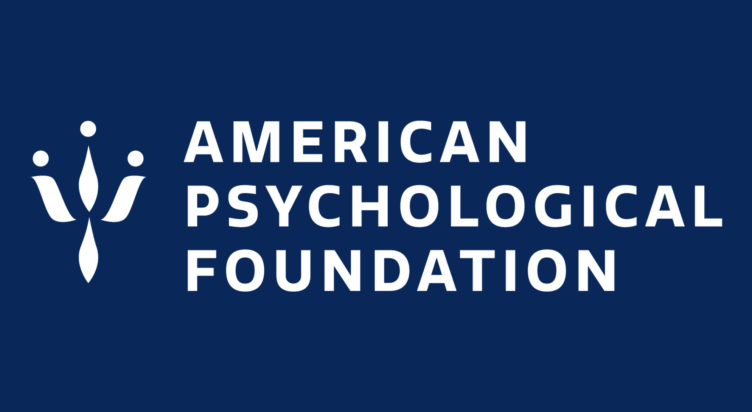
American Psychological Foundation Announces Two New Direct Action Visionary Grant Awardees
American Psychological Foundation Announces Two New Direct Action Visionary Grant AwardeesPrograms to support trans and nonbinary young people as well as trauma intervention for parents …
